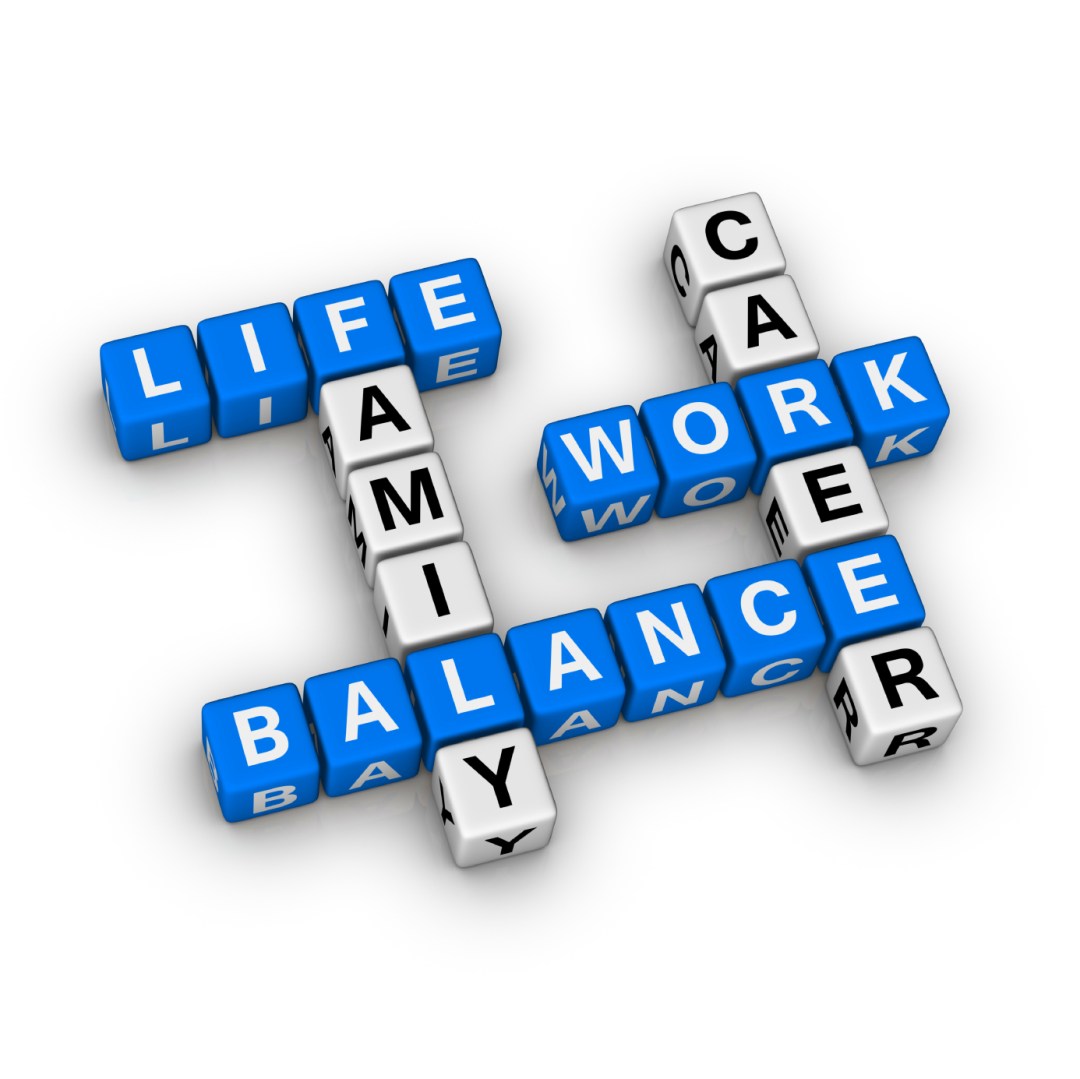Draw boundaries between work and life
Every month, Oliver Burkeman invites you to improve your work life

The project:
The boundaries between work and non-work have never been murkier. Thanks partly to smartphones and iPads – as well as changes in the economy – we’re now into the era of what sociologist Dalton Conley calls ‘weisure’, a blending of work and leisure that causes both to suffer. Relying on willpower to ‘switch off’ mentally at the end of the day won’t work; cleverer tactics are needed.
The aim:
One reason we’re so bad at drawing boundaries is that we think our bosses need instant responses at all hours. In fact, in most jobs, you’ll gain a better reputation by being reliable – always responding within 24 hours, say – than reacting instantaneously.
The other reason is that we’re addicted. Whenever you get a message, the brain delivers a tiny reward – whether it’s a genuinely pleasurable email from a friend, or more nagging from your manager. Breaking this addiction is key to drawing the line between work and life.
The theory:
Willpower alone won’t be enough to resist plugging in to work after hours. Instead, alter your environment. Don’t watch streaming movies on your work laptop, or check email on the device you read on in bed – that way, the temptation is removed. (Delete the relevant apps, if you need to.)
More importantly, structure your time off so it’s harder for work to intrude. We tell ourselves we want our non-work time to be ‘free’ and spontaneous, but studies show we sometimes prefer work to TV-watching, say, precisely because it’s more structured. Set rules – no email after 8pm, say, or a dinner with the kids every night at 6pm – and make firm plans for meet-ups, after-work classes and suchlike. If there’s no space for work to invade, then it won’t!
Try it out:
• Use a ‘response buffer’: Make it a habit never to respond to any message right away. That way, you won’t be in the grip of your immediate emotional response – and you’ll often find you’re calmer about leaving the reply until tomorrow.
• Think of work-life balance as a seesaw, not a tightrope: As several time-management experts point out, 'balance' needn’t mean getting plenty of family and leisure time each day or week. It might mean working all hours for a month, then dialing back the next month, and so on. If it suits your life better, live cyclically.
• Set ultra-clear expectations: It might feel awkward to hold a conversation with your boss, about what she can expect from you – your availability at evenings or weekends, say – but things will get far more awkward if you let confusion fester. The real cause of workplace conflicts is often misunderstanding, rather than anybody’s bad attitude.
Oliver Burkeman is the author of The Antidote: Happiness for People Who Can’t Stand Positive Thinking
More inspiration:
Read Why you get triggered at work and how to stay calm by Obi James on LifeLabs
Read What to do when your comfort zone at work feels like a velvet prison by Vanessa Anstee on LifeLabs
Photograph: iStock









